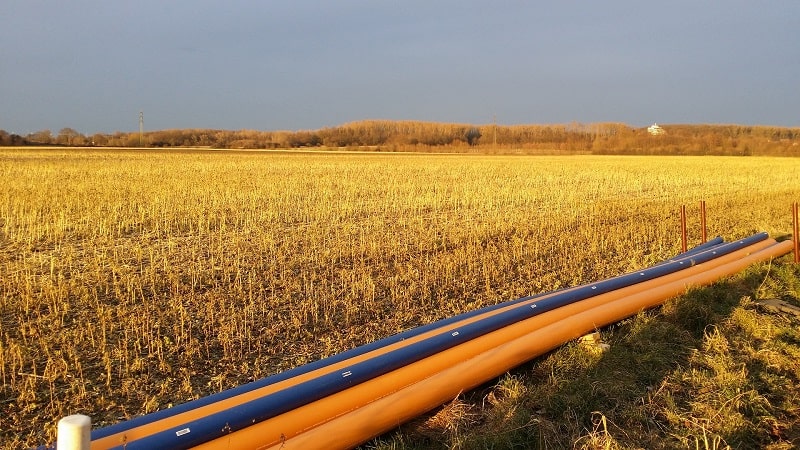
The Department of the Treasury said it approved about $631 million of funding to four states from the Coronavirus Capital Projects Fund (CPF), which will provide money for affordable broadband infrastructure and other digital connectivity technology projects.
Established by the American Rescue Plan, the CPF works with a budget of $10 billion to fund critical capital projects enabling work, education, and health monitoring in response to public health emergencies. States, territories and tribal governments are eligible for funding.

This first group of state plans approved by Treasury for CPF funding will support broadband infrastructure and are designed to deliver internet services that “meet or exceed symmetrical download and upload speeds of 100 megabits per second (Mbps)” – which are speeds required for households with multiple users using the internet.
In all, the first state recipients under the CPF plan to connect over 200,000 homes and businesses with the new funding.
“The pandemic turned so many aspects of life online from work to school and laid bare the urgency of closing the digital divide for all Americans – especially those living in rural, Tribal, and low-income communities,” said Deputy Treasury Secretary Wally Adeyemo in a press release.
“Treasury’s broadband funding represents a significant step in the Biden-Harris Administration’s unprecedented investment to increase access to high-speed internet and reduce broadband bills for every American household and business,” he added.
Along with the $10 billion from CPF, governments are also using a portion of their State and Local Fiscal Recovery Funds (SLFRF) to meet the Biden-Harris administration’s goal of connecting every American household to affordable, reliable high-speed internet.
According to Treasury’s guidance, each state plan for funding will require all service providers to participate in the Federal Communications Commission’s (FCC) new Affordable Connectivity Program (ACP), which ensures households can afford the broadband needed for work, school, healthcare, and more through providing a discount of up to $30 per month.
The FCC estimates that about 48 million families are eligible for the ACP program – roughly 40 percent of households.
The states approved by Treasury for CPF funding are:
- Louisiana, which will be providing $176.7 million—100 percent of its CPF funding—to connect nearly 88,500 home and businesses;
- New Hampshire, which will be providing $50 million – 41 percent of its available CPF funds—to serve 15,000 homes and businesses in rural and remote areas;
- Virginia, which will be providing 100 percent of its CPF funding, or $219.8 million, to expand last-mile broadband access to an estimated 76,873 locations; and
- West Virginia, which will be providing $136.3 million – 100 percent of its CPF funding—to serve 20,000 locations, or 10 percent of locations in the state, that don’t have access to high-speed internet.
States have until Sept. 24 to submit their plans to Treasury.
